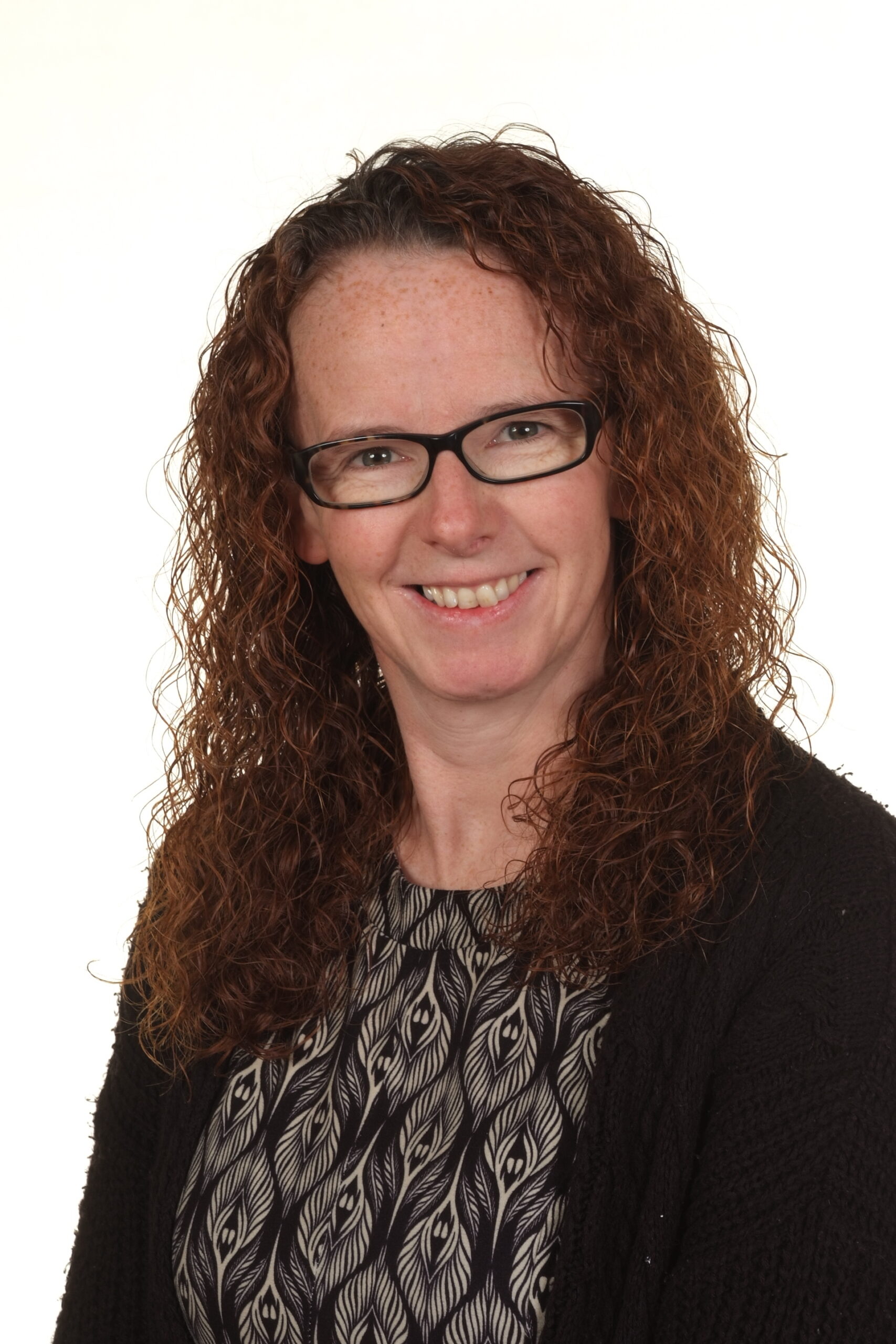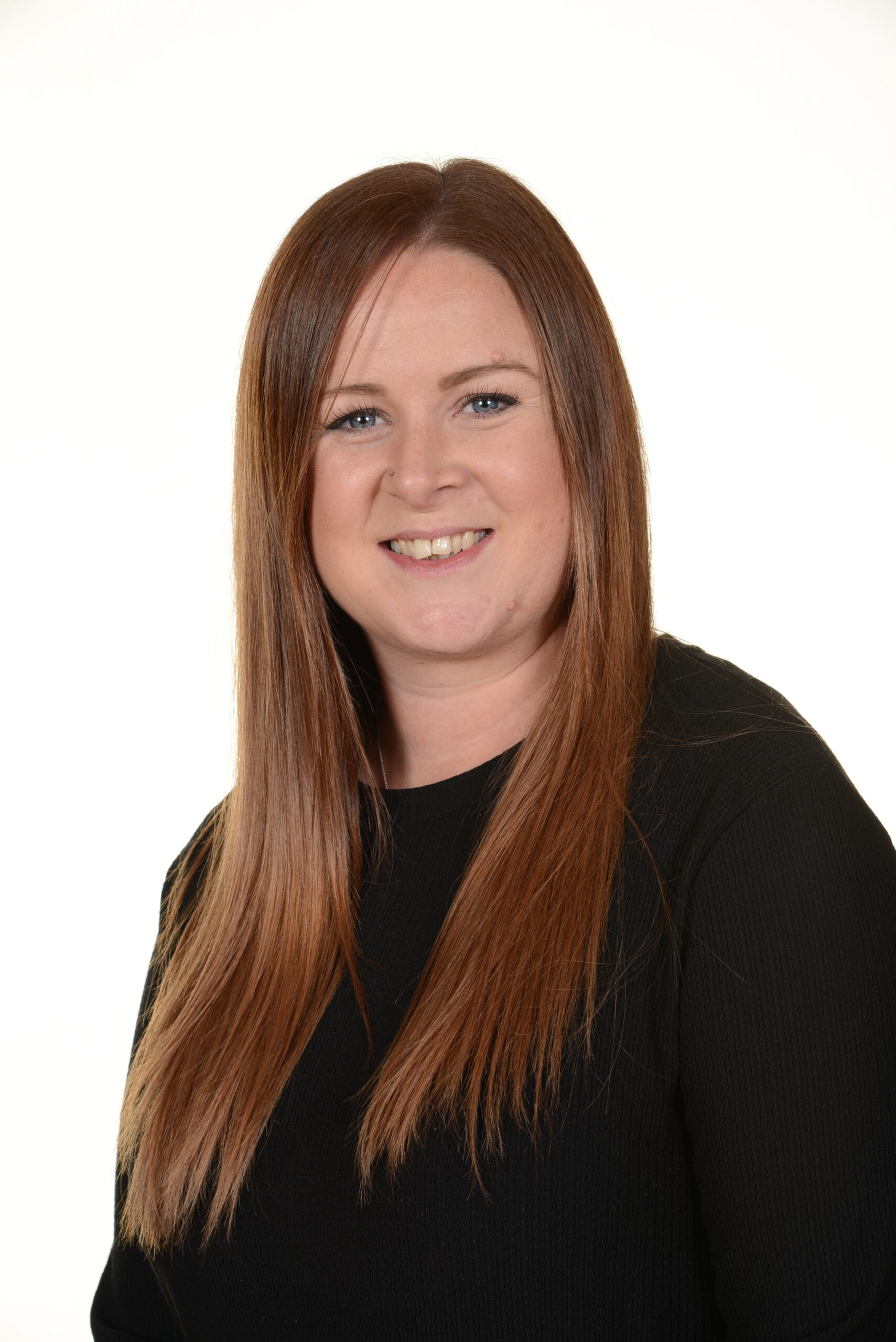Year 2
Welcome to Lily Class and Daisy Class (Year 2)
A place where children are nurtured, loved and feel safe; enabling a happy learning environment with high expectations in all aspects of learning that allow every child to reach their full potential.
Drop off and Collection Times:
Drop off at the KS2 Playground at 8.45am.
Pick up from the KS2 Playground at 3.15pm.
Lunch:
Lunch is at 11.50am and after eating lunch the children will play outside until 1pm.
What makes Year 2 special?
Our classrooms offer the perfect space for their Key Stage 1 journey. We create a calm classroom environment with different areas of provision throughout, including construction, mark making and reading areas. Children are encouraged to curl up with one of many beautiful books in the book corner to explore new worlds and ideas. The classroom’s have large carpet areas for lots of circle times and group learning. There is also the quad and nature garden just across the corridor where we can continue our learning outside.
Routine/Timetable
Every morning we do Maths, Phonics and English, with foundation subjects usually taught in the afternoon. PE is on a Thursday and Friday.
Monday – Phonics books (in the plastic bag) need to be returned to school on Monday morning.
Wednesday – Phonics books will be sent home.
Thursday (Daisy class) and Friday (Lily class) – The children will be going to the school library where they will have the opportunity to take out and return new books.
PE is on a Thursday and Friday (Please can the children bring their PE kits in on a Monday and we will then send them home Friday).
What your child needs to bring to class
- Book bag (no rucksacks)
- Drawstring bag for PE kit
- Water bottle
- When the weather is wet children may wish to bring a pair of wellies.
- Sunhat in the summer months
- A waterproof coat for the cold months
- 3 Part read book (if requested physical book) returned on Monday
- Please ensure that all items are clearly named.
Keeping you informed
- We will hold two face to face parent meetings every year (one in the Autumn Term and another in the Spring/Summer Term)
- We send out annual school reports in July.
- Key information specific to your child will be sent via Arbor or through their class teacher via Arbor.
- Weekly school newsletters will be sent out electronically via Arbor and are also available to view on the school website.
- Please contact the office for all general enquiries.
- Staff will be available at drop off and pick up times should any quick messages need to be passed on.
- If you need to contact the class teacher, we ask that you email the class teacher but please note that a response can take up to 48 hours as teachers are teaching and already have high workload, so please do not expect an immediate response.
- If you need to discuss something which is urgent, then please email the school office.
Curriculum
Phonics
We continue to support children needing phonics with Little Wandle.
Reading
Children take part in a three part read in small groups with an adult. The reads will focus on decoding, prosody and comprehension.
Writing
We use techniques from The Write Stuff to promote independent creative writing. We experiment with different sentence types verbally and writing them down.
Maths
We use White Rose Maths and supplement this to support the curriculum. We use a small range of concrete resources to calculate numbers to 100. We use NCETM ‘Mastering Number’ approach to secure firm foundation in the development of good number sense.
Other subjects
We have long term plans in place which delivers an ambitious curriculum for the children. We ensure these are exciting and build up on what the children already know and are ready for what they need to know next.
The topics learnt in Year 2 cover all areas of the National Curriculum. To give just a few examples of what we cover, within History lessons we look at significant individuals such as Mary Seacole and Florence Nightingale, to significant events like the Great Fire of London. In Science we explore seasonal change throughout the year and look further into materials, and plants and animals. Throughout the year we plan launches and landings for children to get hooked onto the topic and also consolidate their learning. We love broadening children’s experiences further with professionals coming in to visit and going on school trips.
Please see our website for further details about the curriculum that we follow and to see our Long Term Plans.
How we monitor children’s progress
- Children’s progress is monitored throughout lessons and we use a ‘keep up, not catch up’ approach to learning, ensuring every child is given the appropriate support to reach their full potential in class. Marking children’s work will inform next steps and future planning and notes are made regarding progress.
- We do half termly phonics assessments to ensure children are on track with their learning
- Each term children complete assessments for Writing and Maths. These assessments are then used to inform planning the next steps for each individual child.
- They also highlight which pupils need specific interventions to support their learning.
- Subject leaders will complete data analysis, book trawls and pupil voice activities to monitor progress.
How you can help your child at home
Communication between home and school is an important part of a pupil’s education. Research shows that when parents/carers support their child at home their academic achievement is significantly enhanced. Ways that you can support your child at home could be listen to your child read at least 5 times a week and spending quality time developing oracy through conversation.
Reading enables children to learn facts about the world they live in and opens them up to different ideas, stories and opportunities. It helps them in all aspects of the curriculum and research shows children that read for pleasure achieve more academically. Listening to your child read a few nights a week and asking them questions about what they are reading can make a big difference in their reading ability and their love for reading. Letting your child listen to you read exposes them to new vocabulary and letting them listen to your expression can also increase their love of reading.
Your child will have a reading diary and it is encouraged that they read at home 5 times a week (10-20 minutes at a time) and this should include the phonics decodable book that is assigned to them on the Collins e library of, if you have selected this, a physical copy of the book which must be retuned every Monday. Logins to the e-library are inside your child’s reading diary.
We hope that you and your child will enjoy a happy and fulfilling time with us. We aim to provide a challenging and stimulating environment, in which children can become motivated, independent learners, who value the contribution of themselves and others. We look forward to working with you to ensure that your child’s education has the best possible foundations.
Teachers

Lily Class (Mon-Tues)

Lily Class (Wed-Fri)

Lily Class

Daisy Class

